Funafuti, Tuvalu —(Map)
Last week Australian Prime Minister Scott Morrison met with the leaders of many Pacific island nations. The leaders agreed in many areas, but the talks almost broke down over the climate crisis.
The Pacific Islands Forum (PIF) is a group of 18 governments including Australia, New Zealand, Fiji, Samoa, and others.* Most of the countries are faraway islands in the Pacific Ocean. The group works together to try to solve problems that affect all of the countries.
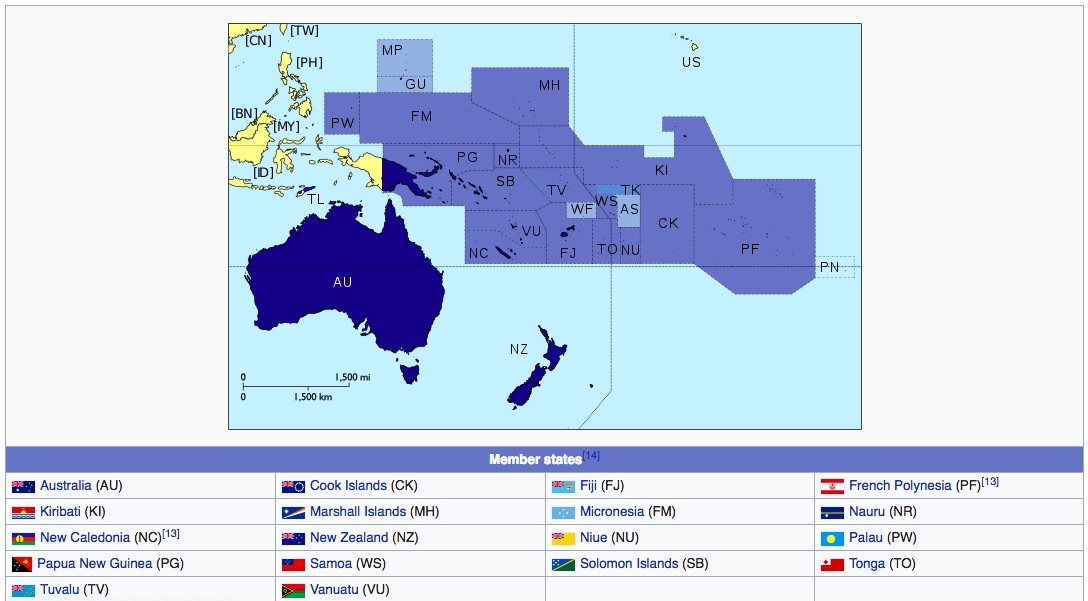
(Source: Screenshot, Wikipedia.)
The group’s leaders met last week in Tuvalu, an island nation that is one of the most threatened by the climate crisis.
Climate Crisis
The climate crisis is a global emergency caused by the change in weather patterns around the world because of human activity. Global heating is a huge part of the climate crisis. The world is getting hotter, mainly because humans are burning “fossil fuels” like coal, oil, and natural gas to make energy. These fuels give off pollution which makes the climate emergency worse. These kinds of pollution are often called “greenhouse gases” or “carbon emissions”.
Some effects of global heating include melting ice in the North and South poles, rising sea levels, and more extreme weather such as floods, hurricanes, heatwaves, and long dry periods that can lead to wildfires.
The world’s countries have agreed to pollute less, but so far not much has changed. The effects of global heating will make life hard, and sometimes impossible, for most living things. Scientists say humans must take strong action before 2030 to avoid the worst effects of the climate emergency.
On average, Tuvalu is only 6.6 feet (2 meters) above sea level. It’s expected to be one of the first countries to be made unlivable by rising sea levels. For Tuvalu and other island nations, dealing with the climate crisis is hugely important.
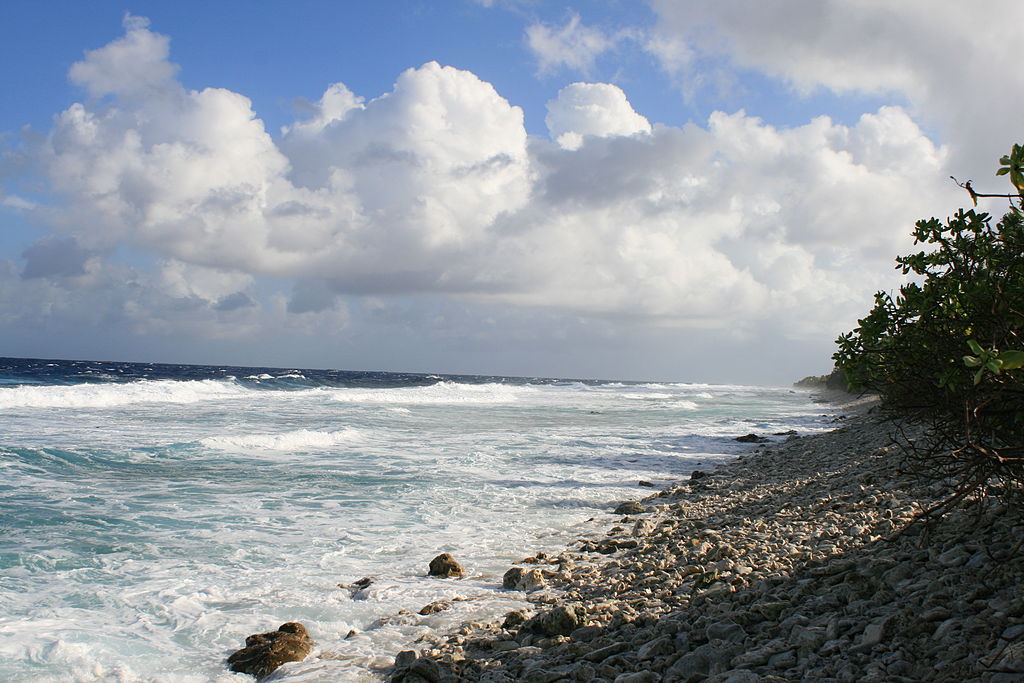
(Source: Davidarfonjones [CC BY-SA 3.0], via Wikimedia Commons.)
It’s not just that rising sea levels may one day flood the islands. The rising seas are already making it harder to get fresh water to drink. The saltwater can also make the land useless for farming.
The small island nations want all PIF members to do everything possible to tackle the climate crisis. That includes limiting the use of polluting fuels like coal.
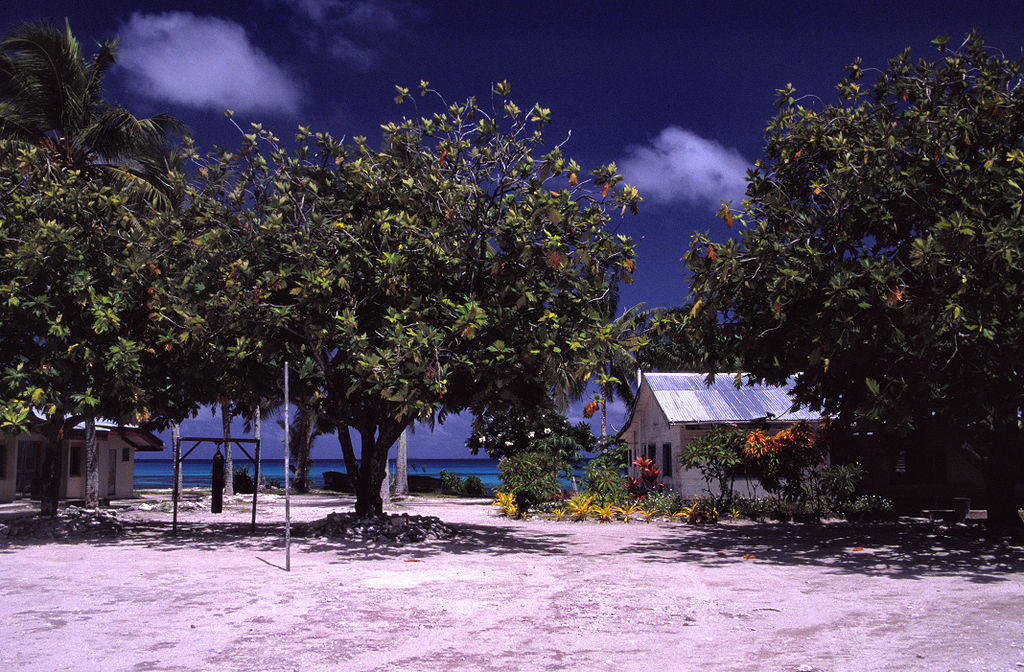
(Source: mrlins [CC BY 2.0], via Wikimedia Commons.)
Though Australia is also affected by the climate crisis, Mr. Morrison’s government sees the threats as farther away. Coal mining brings a lot of money to Australia, and Mr. Morrison isn’t willing to limit it. A huge new coal mine has recently been approved in Australia.
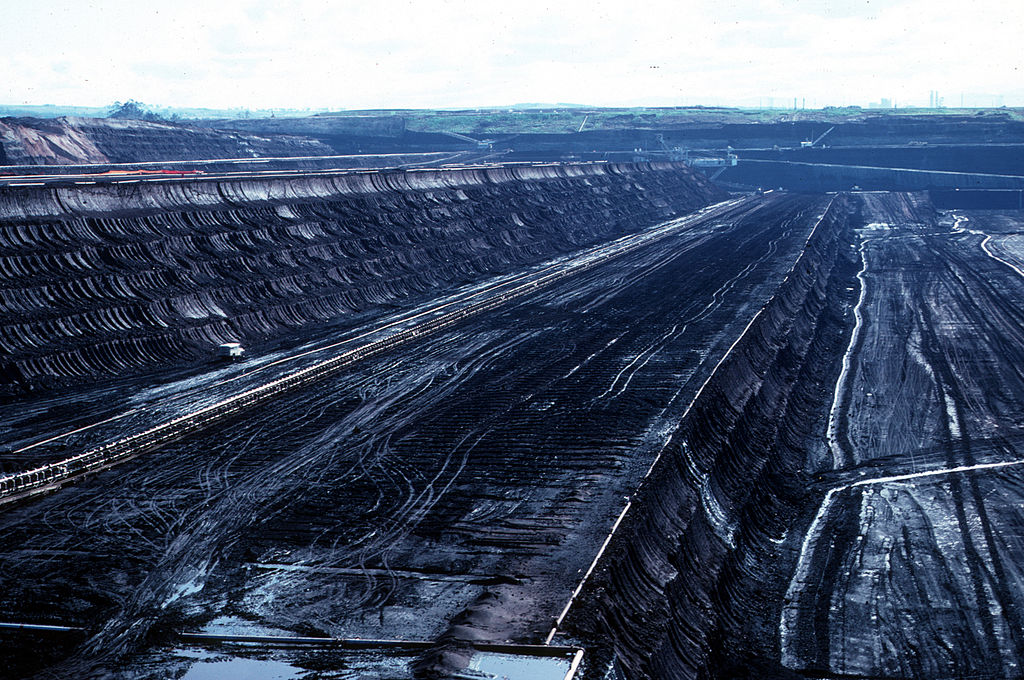
(Source: CSIRO [CC BY 3.0], via Wikimedia Commons.)
The different views almost ended the meeting without any agreement. The final meeting took about 12 hours, and there were reports of strong arguments. The final agreement was changed to remove the parts about limiting coal and other climate action goals that Australia didn’t like.
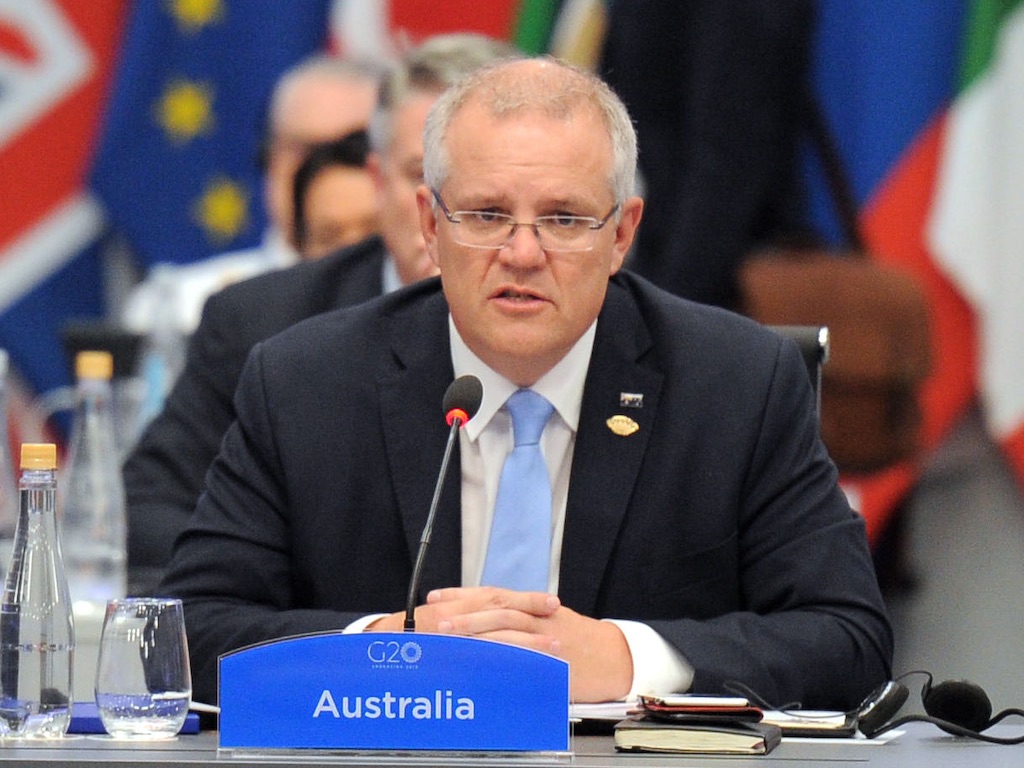
(Source: G20 Argentina [CC BY 2.0], via Wikimedia Commons.)
Australia is the largest and most powerful member of the PIF, and it already does a lot to support the smaller countries.
Before the meeting, Mr. Morrison announced that Australia would give $340 million (500 million Australian dollars) over five years. The money is meant to help the island nations deal with the climate crisis. But many people believe the money was going to be given anyway, and that Mr. Morrison’s government simply wanted to make it look like climate action.
Tuvalu’s Prime Minister Enele Sopoaga said that giving money wasn’t an excuse for not taking action.
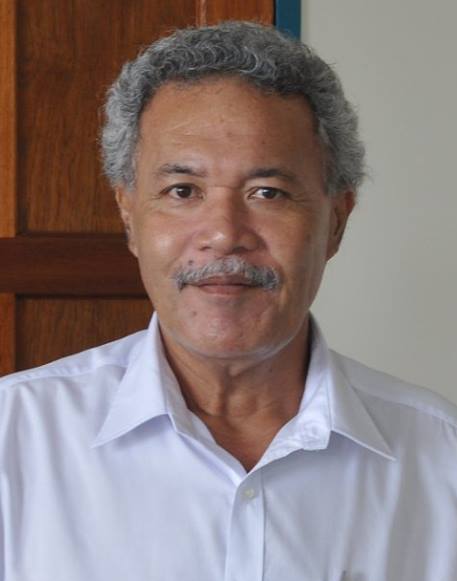
(Source: US Embassy Suva [Public domain], via Wikimedia Commons.)
Mr. Morrison is worried about the cost of climate action. He also said he thought China’s pollution was a much bigger problem than Australia’s coal use.
China isn’t a member of PIF, but many people were thinking about it during the meeting. China wants to build a base in the Pacific for its army and navy. One reason Australia supports the smaller countries is to keep China out.
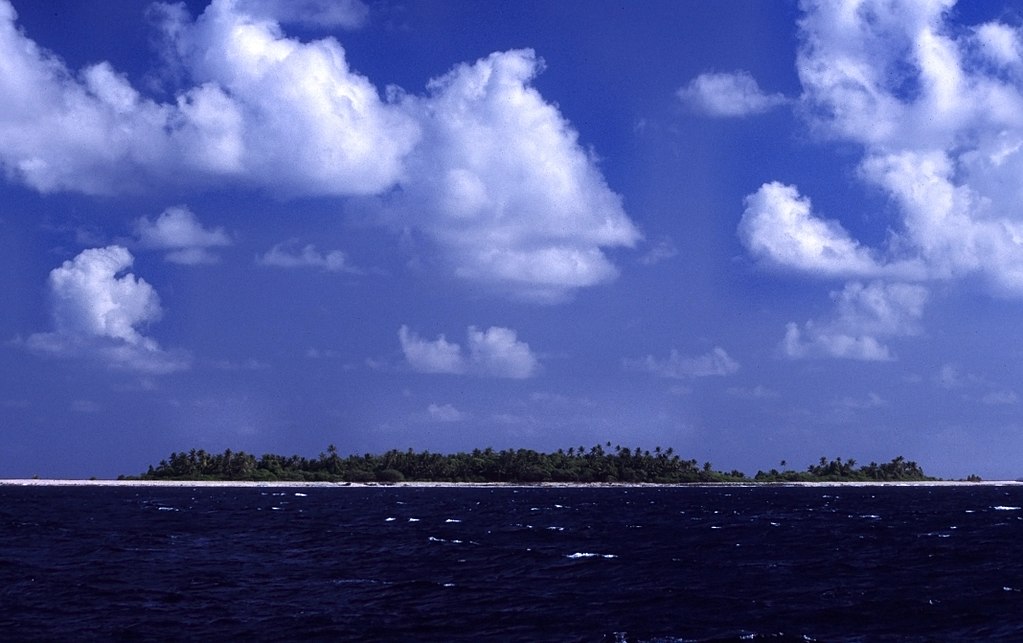
(Source: mrlins [CC BY 2.0], via Wikimedia Commons.)
After the meeting, China said it supported the climate goals of the smaller island nations.
The tense meeting left many PIF leaders unhappy and upset with Australia…and still worried about how their countries will survive as sea levels continue to rise.
*The 18 members of the Pacific Islands Forum are: Australia, Cook Islands, Federated States of Micronesia, Fiji, French Polynesia, Kiribati, Nauru, New Caledonia, New Zealand, Niue, Palau, Papua New Guinea, Republic of Marshall Islands, Samoa, Solomon Islands, Tonga, Tuvalu, and Vanuatu.
😕
This map has not been loaded because of your cookie choices. To view the content, you can accept 'Non-necessary' cookies.
